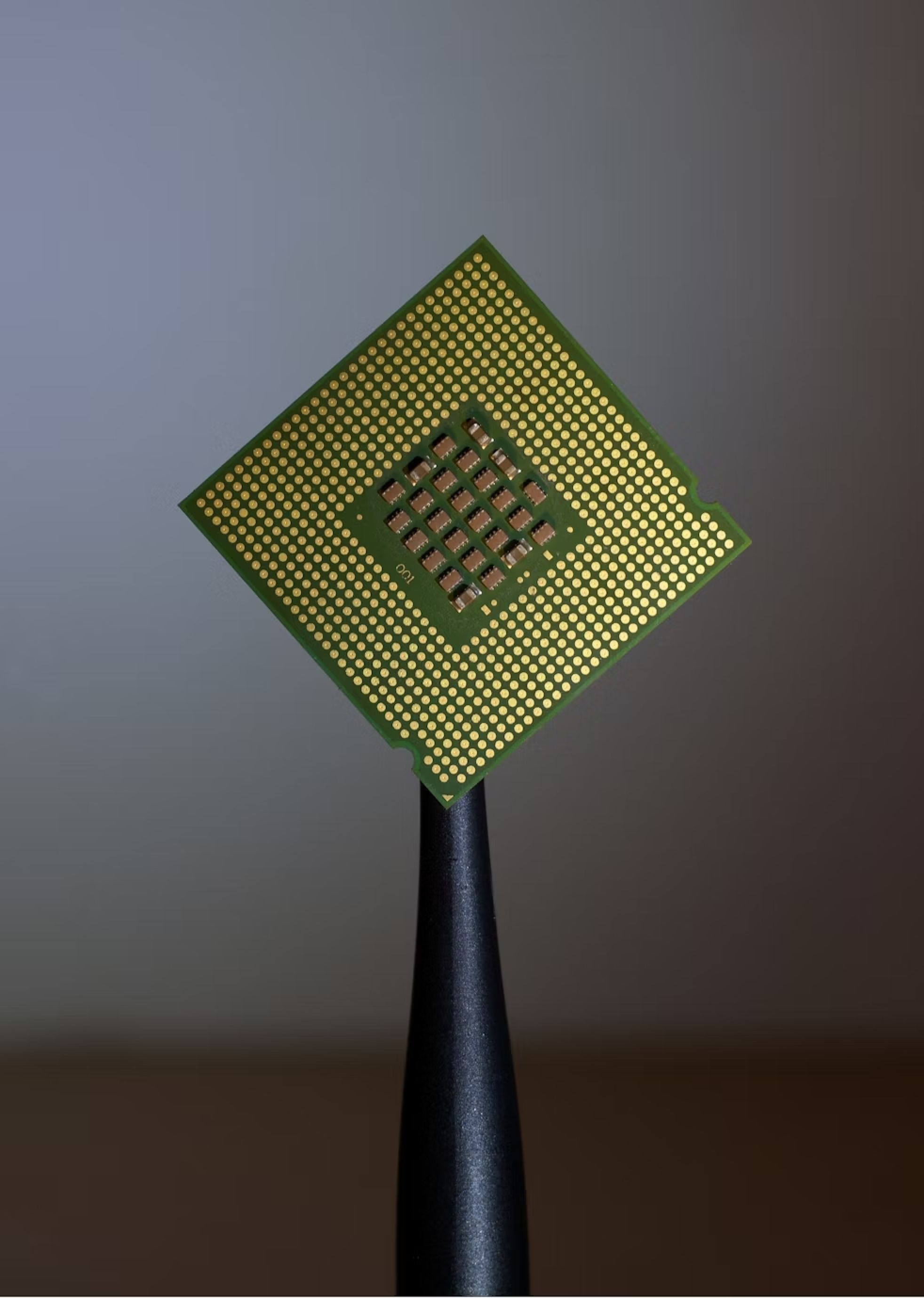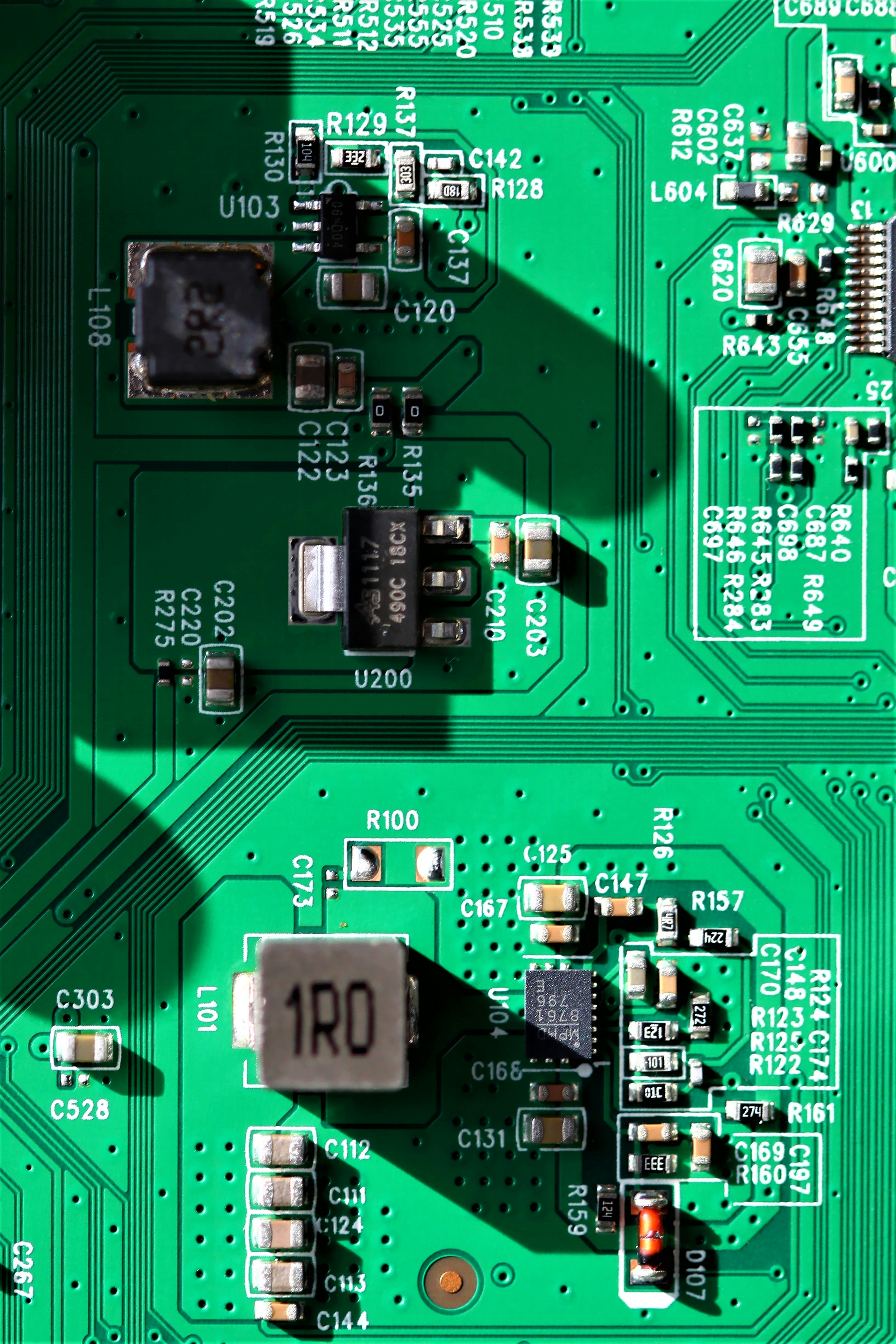Bachelor's Degree in Semiconductor Engineering
Now Accepting Fall 2026 Applications!
College students with a planned graduation date of Spring 2029 or later are invited to apply. Contact Dr. David Lipke, Associate Professor and Associate Chair for Academic Affairs (MSE Dept.), with any questions.
Earn a Bachelor's Degree in Semiconductor Engineering
The interdisciplinary semiconductor engineering program integrates fundamental principles of general engineering with specialized domain knowledge in materials science and engineering (MSE), electrical and computer engineering (ECE), and chemical engineering (ChE).
The program will prepare students for career paths across a wide variety of technological fields ranging from microelectronics and nanotechnology (with applications for energy, healthcare, intelligent systems, and cybersecurity) to critical materials supply chain. The program will also prepare students to pursue advanced degrees in related specialized fields such as semiconductor physics, optics, advanced electronics, and intelligent manufacturing.
Want to Know More?
Get info on our program, scholarships, how to visit campus, admissions and more. Take the next step in solving for tomorrow!
Degree Information
Your Career in Semiconductor Engineering
A career in semiconductor engineering, supported by a bachelor's degree in the interdisciplinary Semiconductor Engineering degree program, offers diverse opportunities in cutting-edge technological fields.
The program integrates core engineering principles with specialized knowledge from materials science, electrical and computer engineering, and chemical engineering. Graduates are well-prepared for roles in microelectronics, nanotechnology, energy systems, healthcare, intelligent systems, and to help address challenges in the critical materials supply chain.
Career Fields
- Semiconductor Process Engineer
- Intelligent Manufacturing Engineer
- Semiconductor Packaging Engineer
- Integrated Circuit Design Engineer
- R&D Engineer
- Failure Analysis Engineer
- Quality and Reliability Engineer
- Supply Chain and Operations Engineer

Research in Semiconductor Engineering
Research in semiconductor engineering is funded through external grants and contracts from federal agencies, including the National Science Foundation, the Department of Energy, agencies within the Department of Defense, and industry partnerships.
Specialized Areas of Research
- Advanced packaging and heterogeneous integration
- Semiconductor logic and memory devices
- Semiconductor chip design and fabrication
- Advanced ceramics for power electronics
- Semiconductor substrate characterization
- Quantum materials and heterostructures
- Materials for solar cells and optoelectronics
- Low dimensional materials and nanomaterials



Follow Materials Science and Engineering